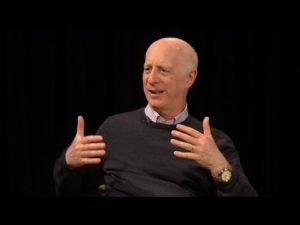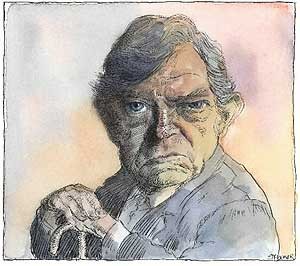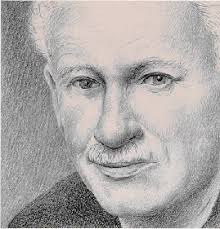Good criticism ‘opens up’ our understanding of an object, idea or event: what its presence can mean as part of the human experience.

The title here may be misleading. I have no interest in selling the idea that harsh judgments are ‘fun’ to make. That’s what “criticism” can mean. But it isn’t what I think of when I use the term. I’m more interested in its second and less common meaning: writing that combines analysis and assessment of the most interesting forms of expressive activity. Criticism is a sustained and considered effort to understand a new project: usually the work of an artist or innovator interested in moving beyond the strictly utilitarian. Critics try to make sense of what these people have done or perhaps failed to do. They may come from academic or journalistic organizations, or freelance on their own.
Almost every field–from architecture to food–has potential ‘appreciators’ who profess to use fresh eyes and ears to extend our understanding about a particular effort. Criticism can be as accessible as reviews of new books, plays or music in a news outlet like the New York Times. It can also be seen in the rarer video essays of Anthony Bourdain, Leonard Bernstein or Michael Tilson Thomas. Some efforts stand as monumental and single works of sustained analysis, like like Alec Wilder’s American Popular Song: The Great Innovators, 1900–1950. (Oxford, 1975). And some can be impressive panoramas that leave us richer in our understanding of a single kind of human enterprise. Among these, I’d count Michael Arlen’s fascinating assessment of television in the Vietnam era, Living Room War. (Viking, 1969).

Criticism ought to be a cherished kind of writing—not just because it promises incisive observation, but because good criticism ‘opens up’ our understanding of an event: what its presence can mean as part of the human experience. To use a simple example, I will never eat in most of the restaurants that the New York Times’ food critic will write about. But Pete Wells’ assessment of the food and the experience of a particular eatery is still interesting. Wells isn’t doing a Yelp review. His best reviews place an establishment in a timeline, and its food in a broader culinary tradition. The food he samples functions as a kind of ‘find’ in an archaeological dig. It’s roots are from somewhere else, but handed down and modified by whoever is in the kitchen. And, of course, its New York. So most restaurants feed strivers looking for sensations that are different and potentially better. Who knew that Malaysian coffee can be so different? How have Americans not understood the varied and fascinating textures of something as basic as rice?

Try any field of effort, and there are fascinating critics from the present or recent past to explore. Many have been journalists: Robert Hughes on art, Alex Ross on concert music, Roger Ebert or Pauline Kael on film, Joan Dideon on the East and West coast life, Paul Goldberger on architecture, or Gary Giddens on jazz. Whatever the work, we expect critics to be curious, aware, and more interested in discovering and knowing than judging.

Living in the thick of a culture requires sorting out and assessing the passing parade of ideas and artifacts that  vie to make an impression.
vie to make an impression.
I was trained as a rhetorical theorist and critic. No shingle hangs out of my office to attract potential customers. But with communication as my world I am never at a loss for subjects to explore and ponder. I and thousands of other academics are following in the footsteps of other rhetorical critics before us, including Wayne Booth, Hugh Duncan, Jane Blankenship, Richard Weaver and Kenneth Burke. The names of these academics are perhaps not familiar. Yet they have shaped what communication means in the American academy. They are still read by flocks of undergraduates on their way to sharpening their critical and analytical skills.

Burke wrote what many of us sometimes say in moments of exasperation: we are all critics. Living in the thick of a culture requires sorting out and assessing the passing parade of ideas and artifacts that vie to make an impression. The key difference is that our own ad-hoc judgments are usually personal: said without much prior knowledge and not very well worked out. That’s why our opinions are usually less interesting than a gifted writer who is also a professional appreciator.
![]()
